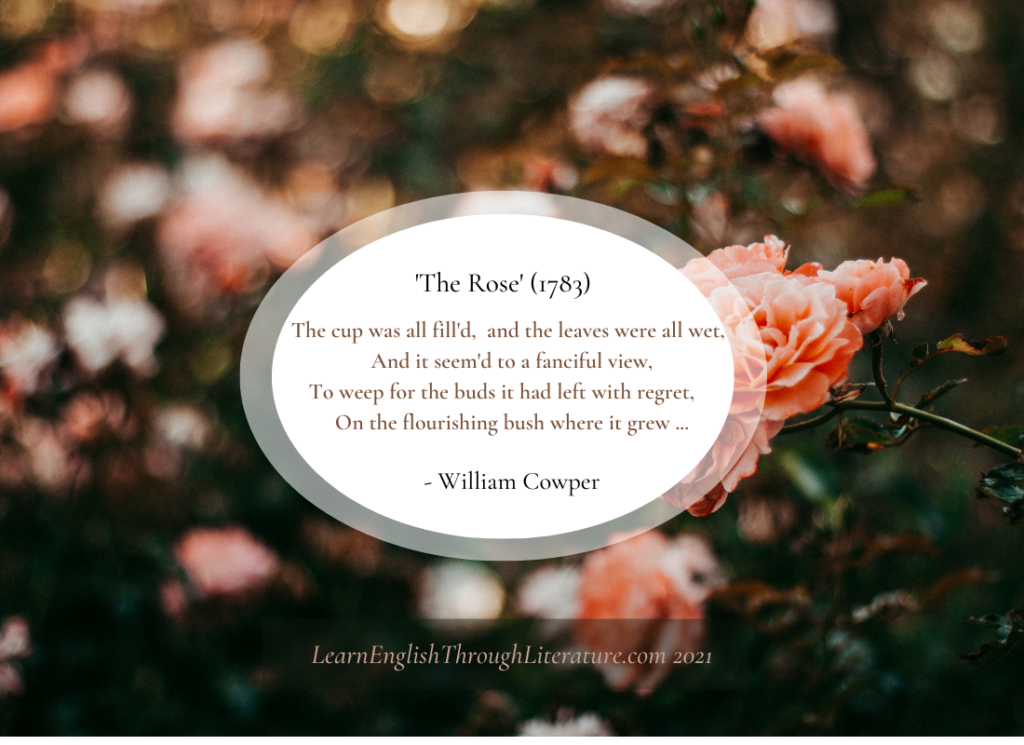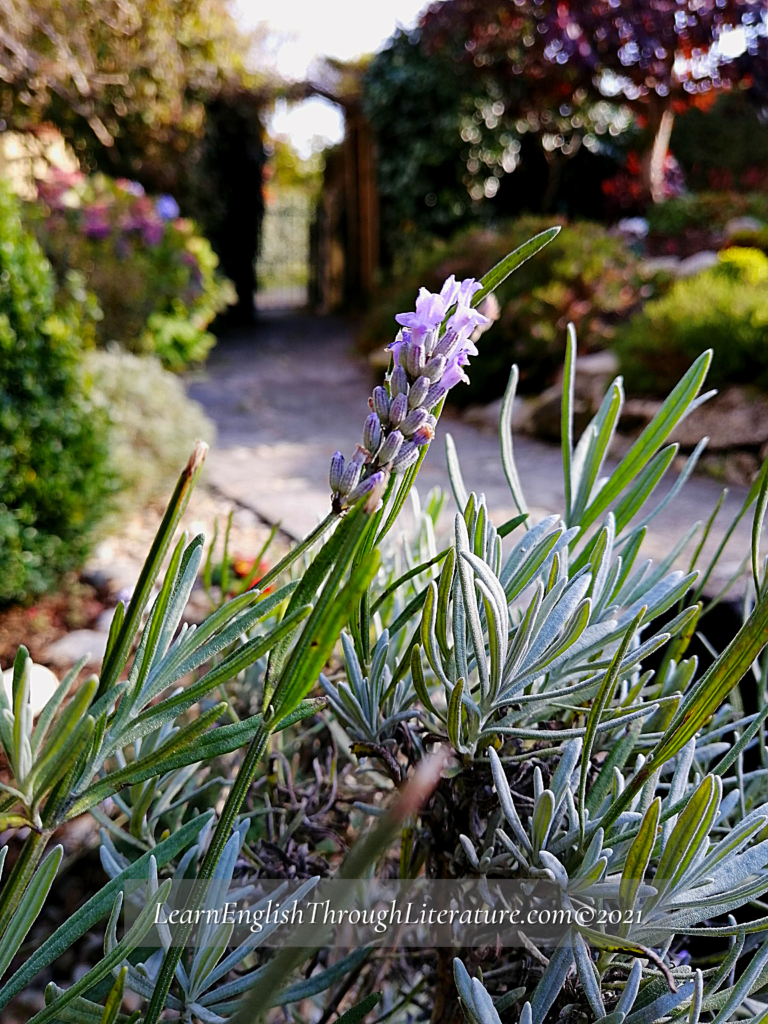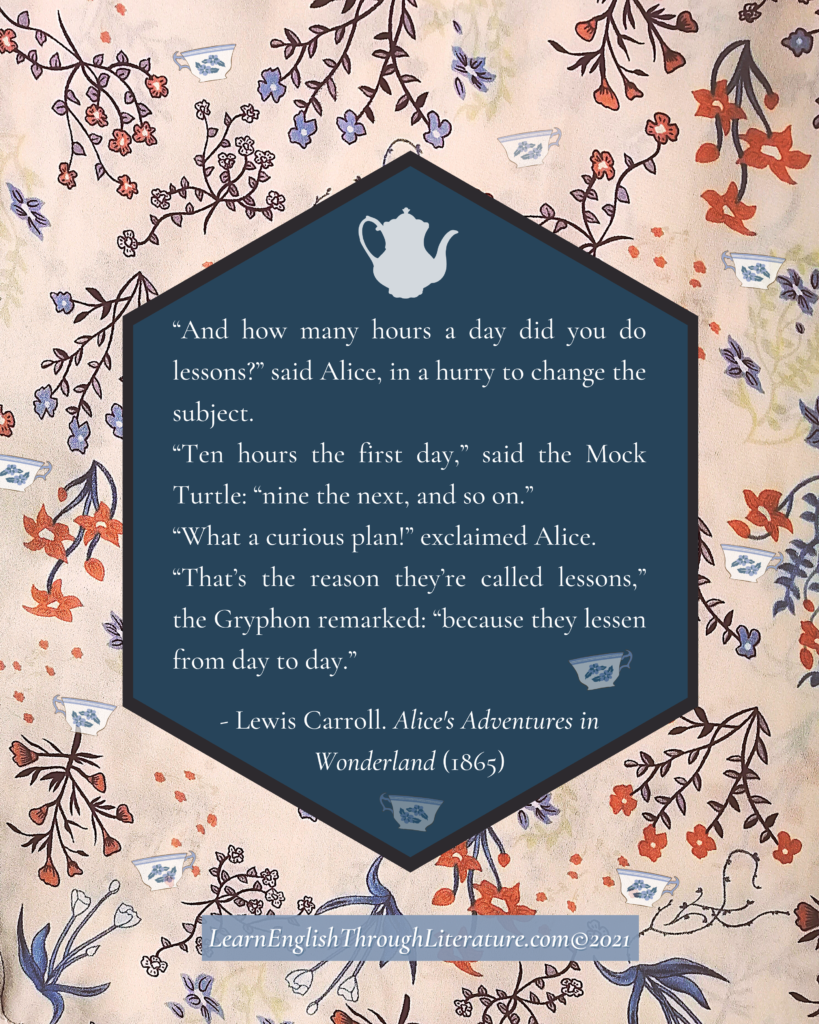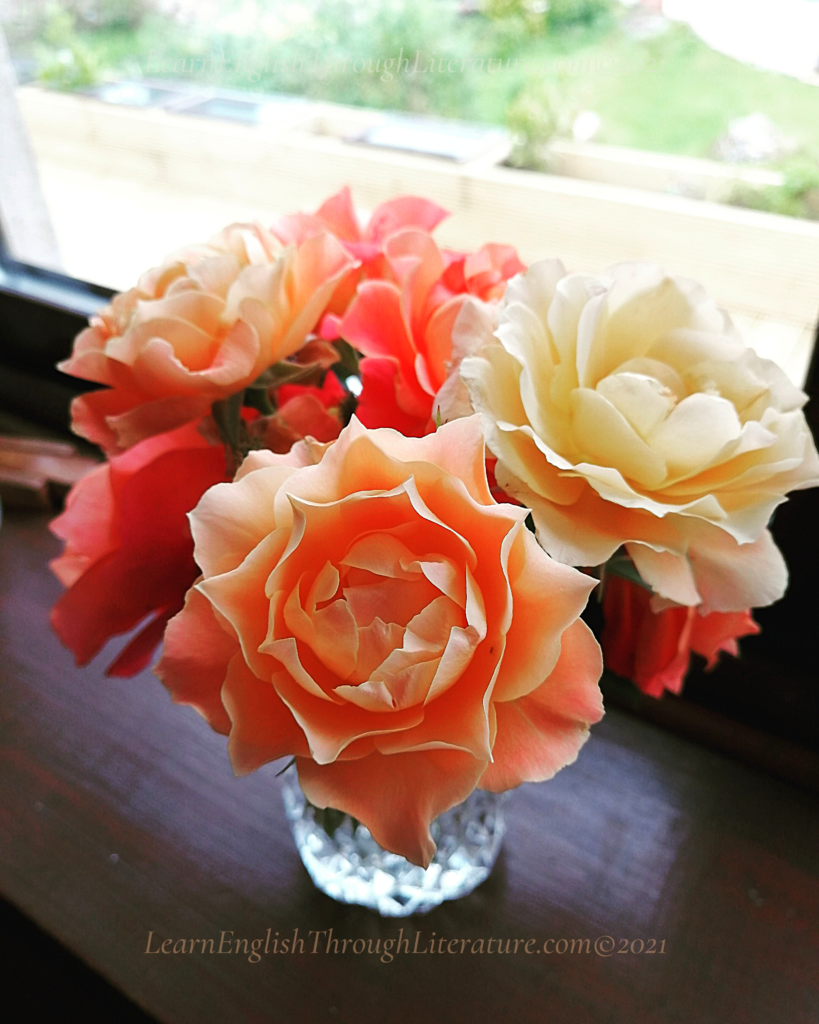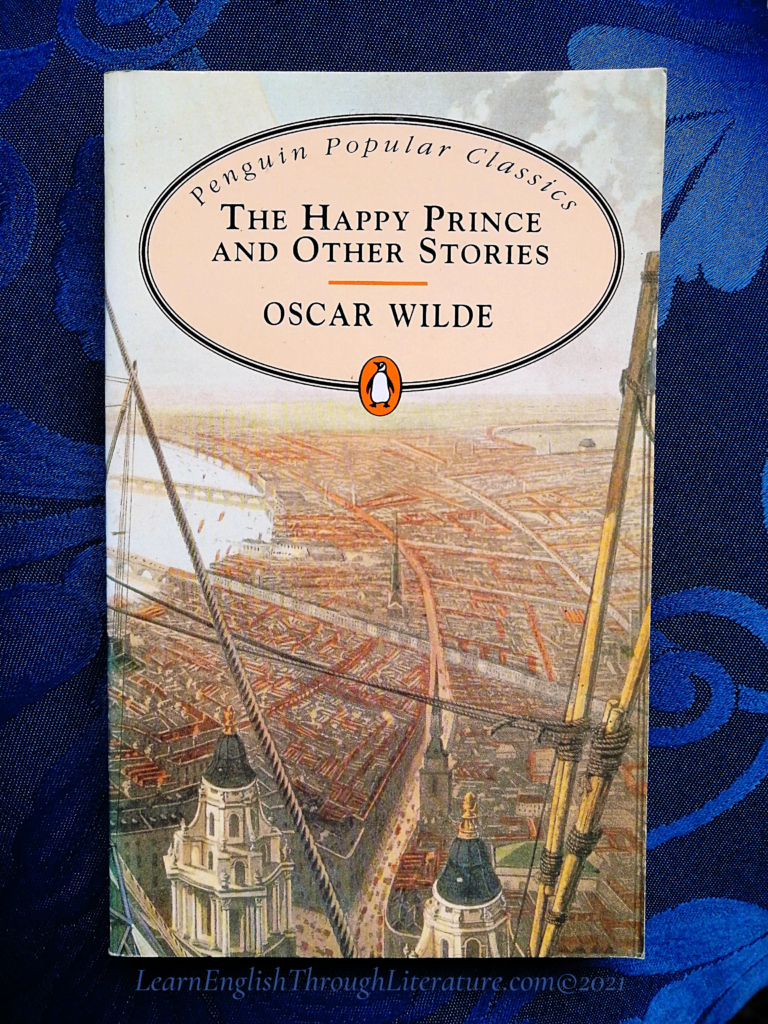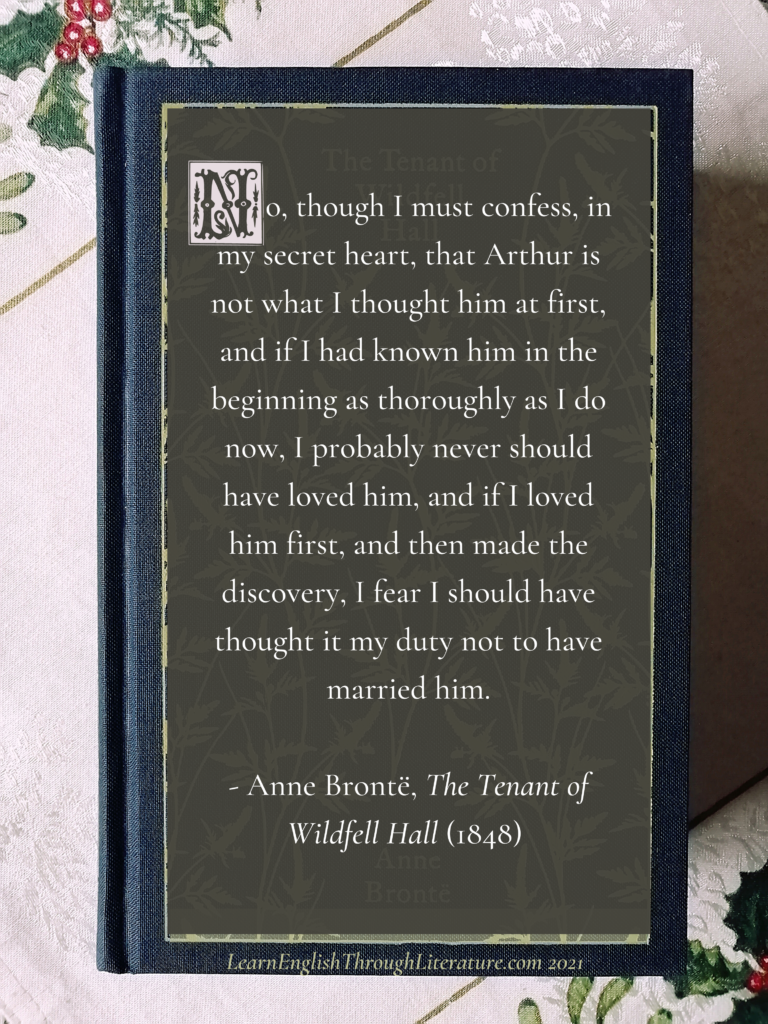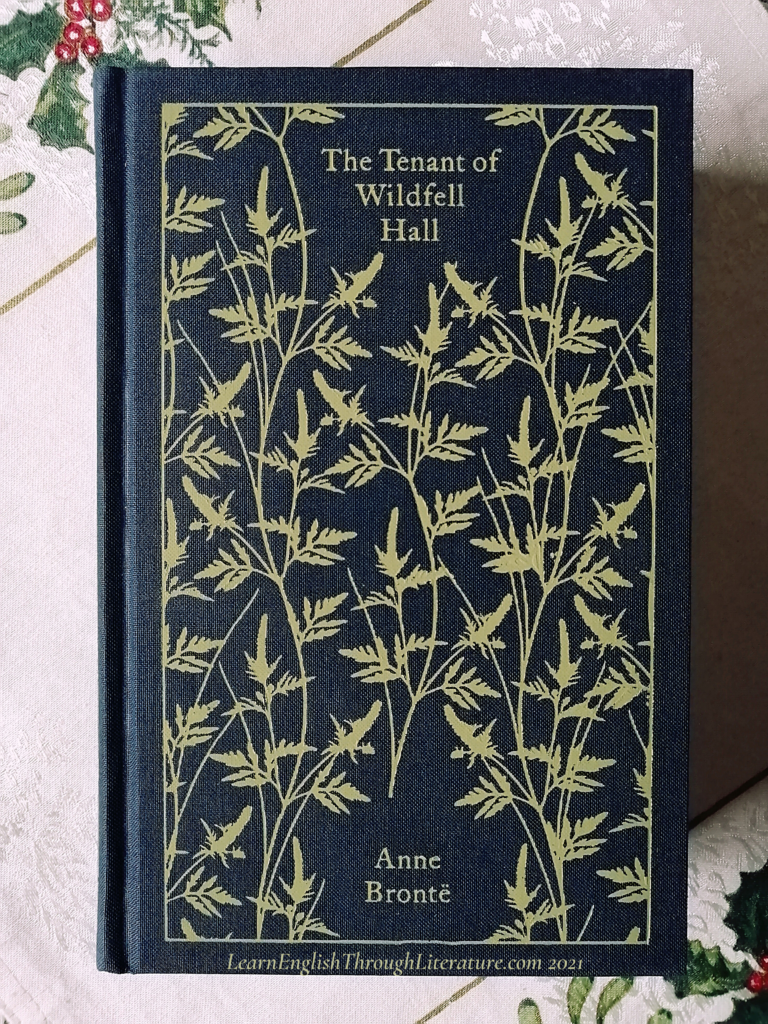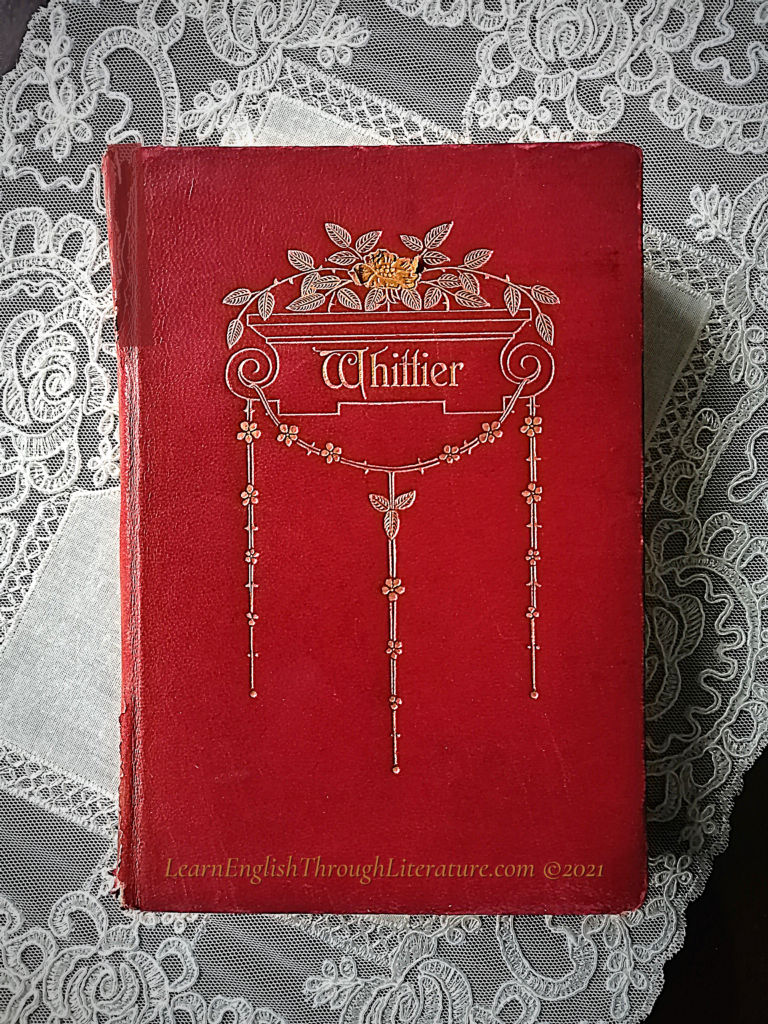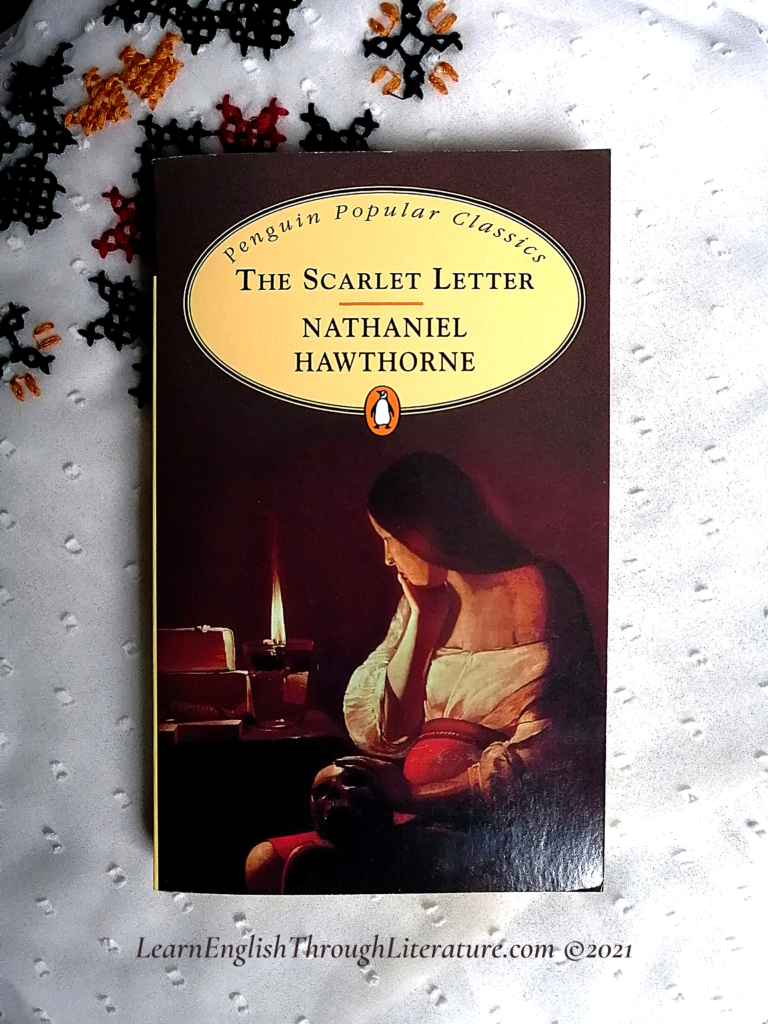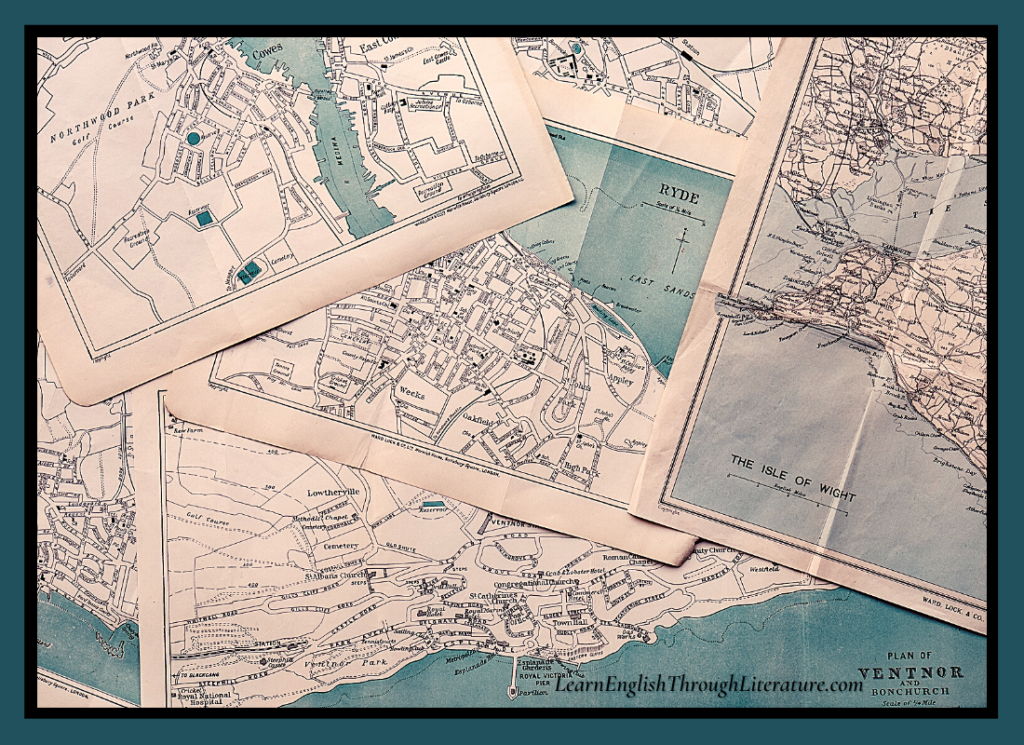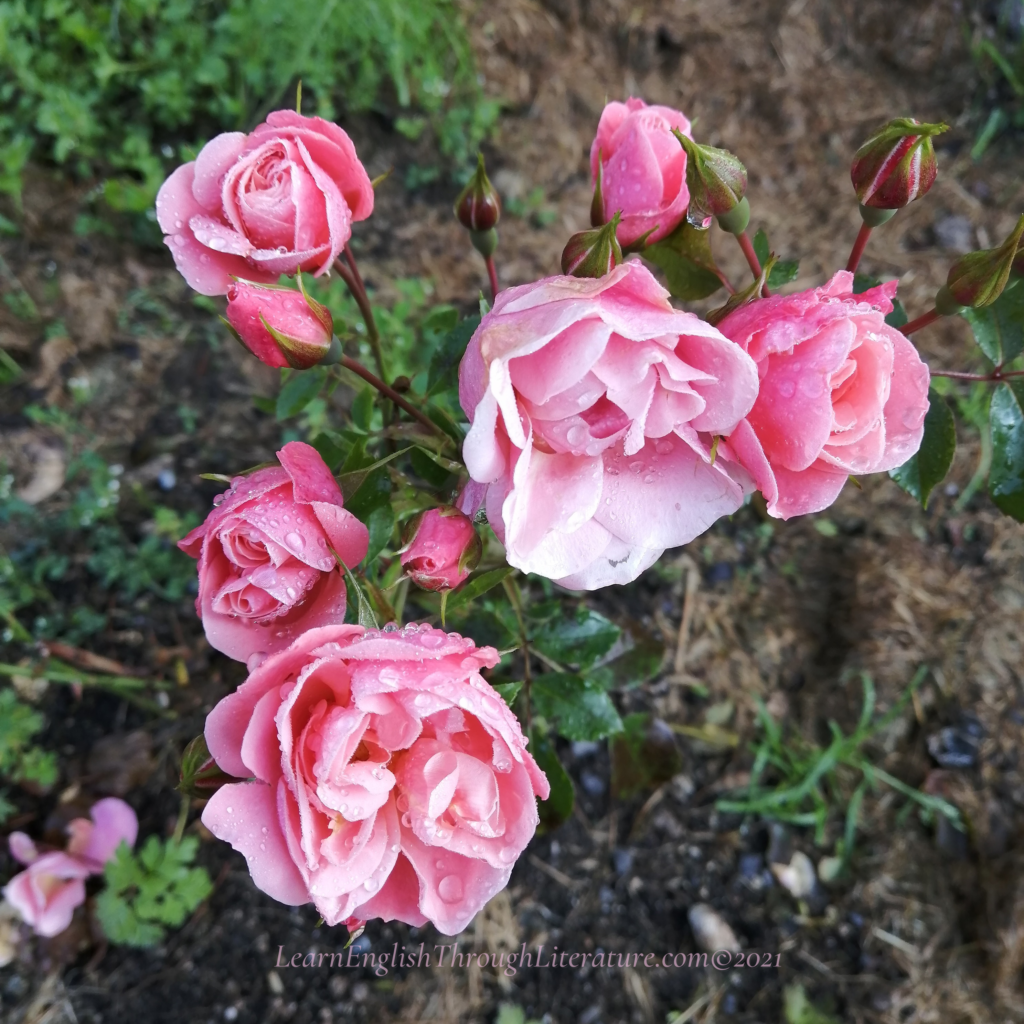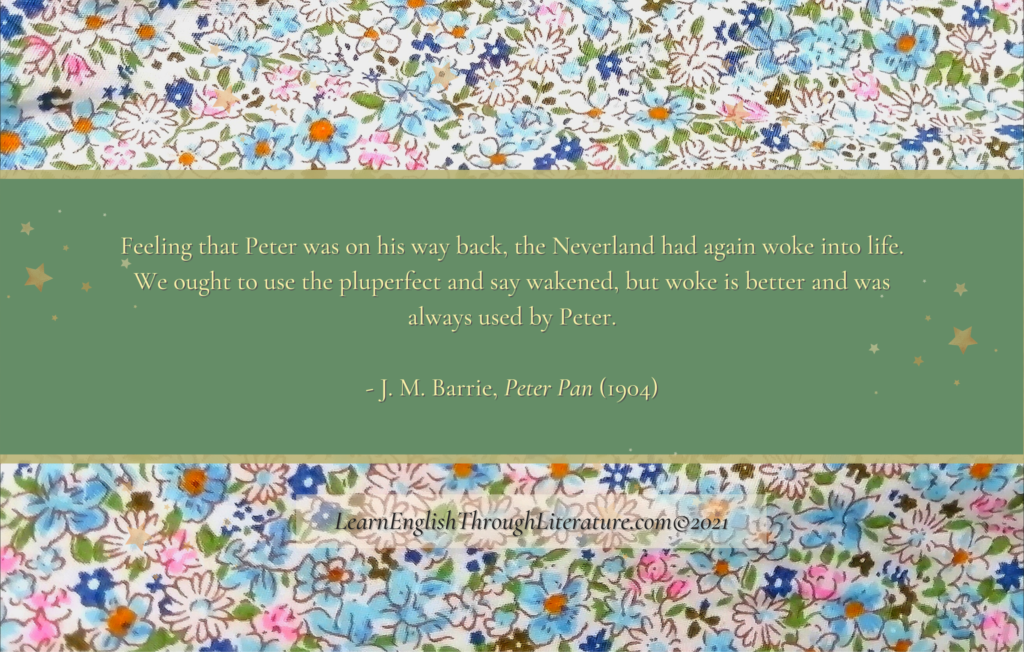Lesson #199: Observing changes in English words over time, through Cowper’s ‘The Rose’
🥀 ‘Does it not make you think of Cowper? “Ye fallen avenues, once more I mourn your fate unmerited.”‘ – Fanny Price in Jane Austen’s Mansfield Park Austen fans will be interested to know that William Cowper (1731-1800) was her favourite poet, as well as her contemporary. Cowper (pronounced COO-per) was known not only for his […]
Lesson #199: Observing changes in English words over time, through Cowper’s ‘The Rose’ Read More »

